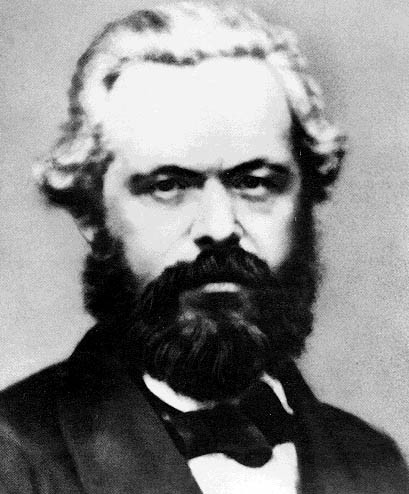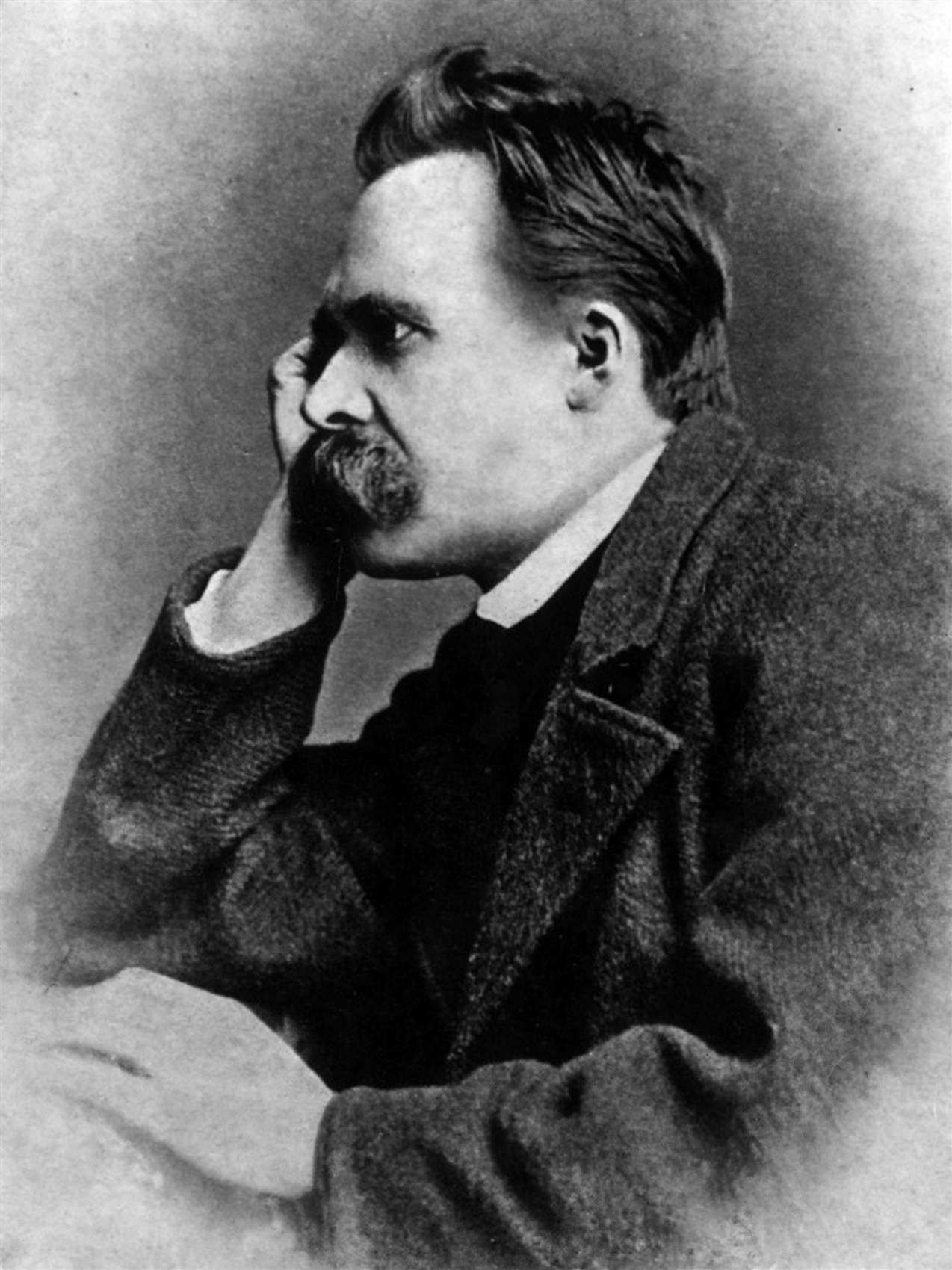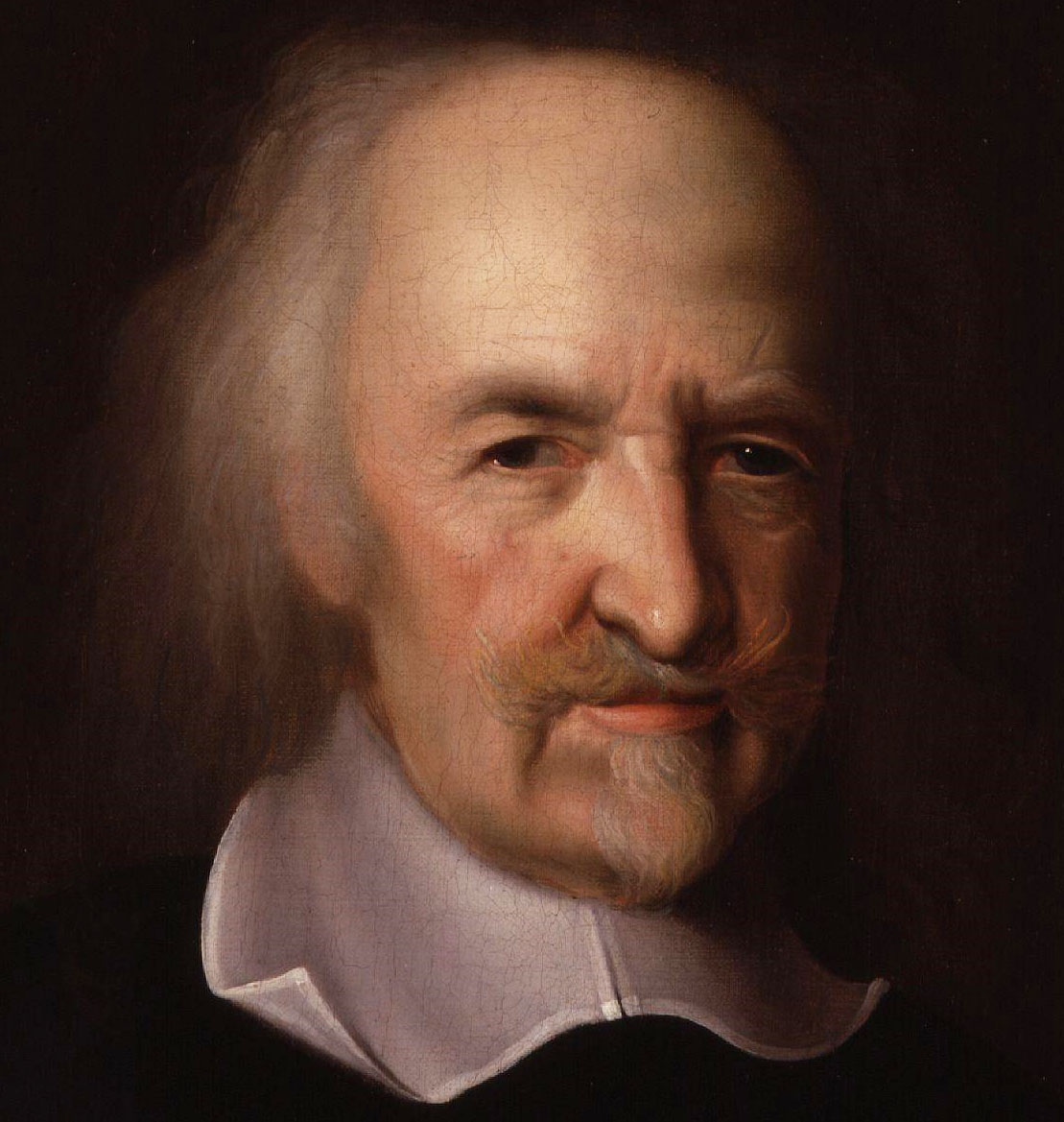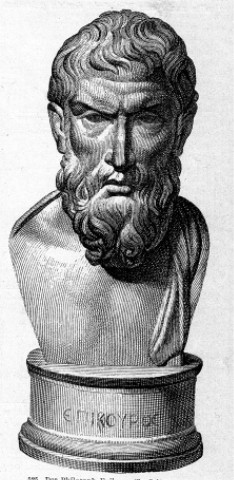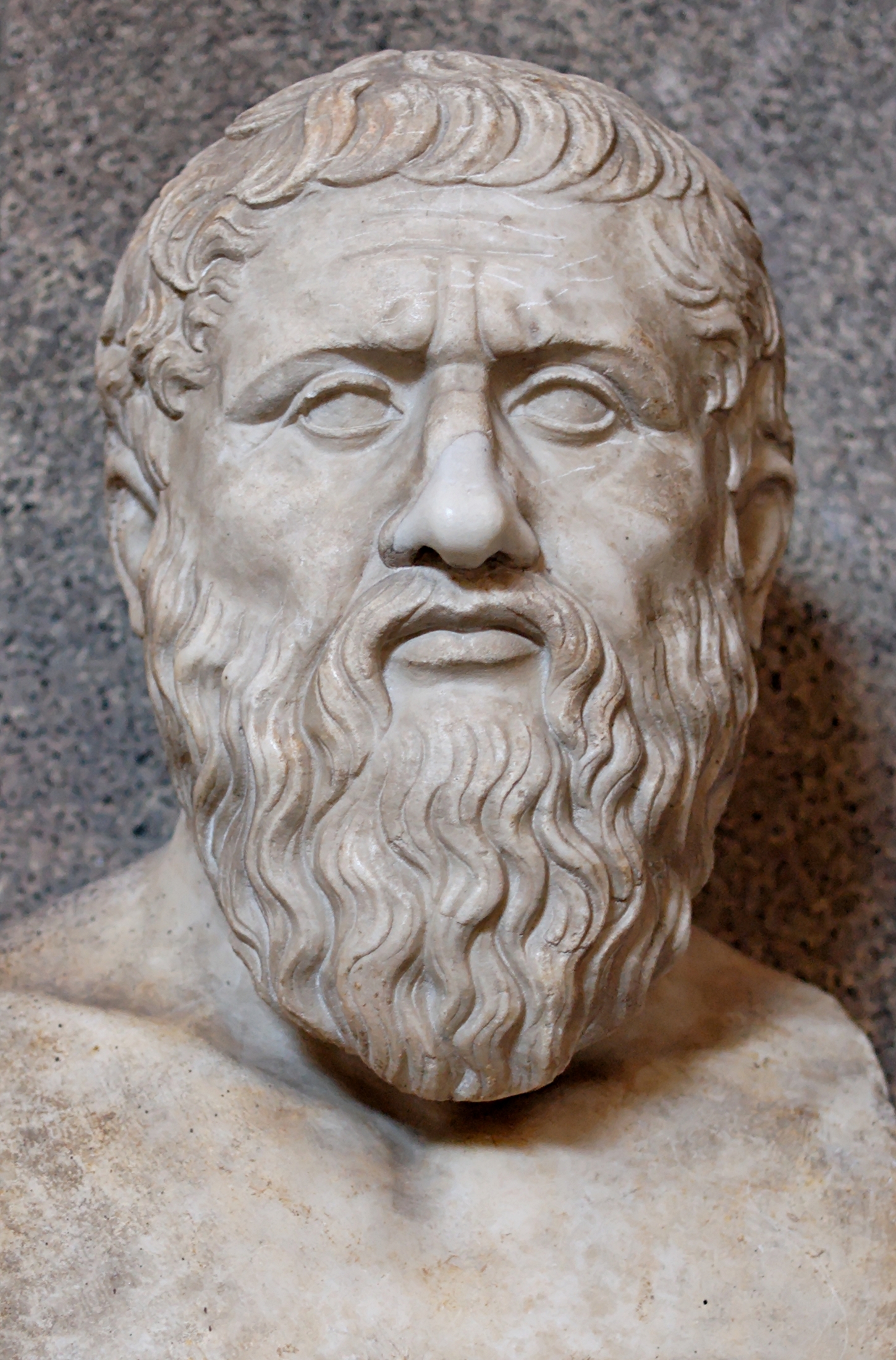Historical Introduction to Philosophy/Nietzsche Scratch Page
Historical Introduction to Philosophy/General Introduction
This is my Scratch Page for Nietzsche. User:MaryCordova
So far I've not read a lot (anything) about Nietzsche's ideas. What I have come across so far is that Nietzsche was somewhat of a poet and many philosophers (especially Plato via Socrates) did not care for poets whatsoever. Because of Nietzsche's style it has taken a long time for his ideas (whatever they are) to be accepted as philosophical. I have just started to get into some ideas about form and content (or meaning) being separate entities when it comes to philosophical writing and discourse. Some feel that form and meaning can be divorced from each other while others feel that the proper weight given to form can provide insight for the content.
I have decided to pause in my reading of this particular book in order to read some biographical information on Nietzsche. I think it would also be beneficial to me to read some general overview of Nietzsche's work before I am capable of analyzing his form and content. Only then will I be prepared to make a decision on the form/content issue.
I was somewhat surprised at how much poetry was degraded and art in general considered worthless by early philosophers (according to the book I have been reading anyway). It is generally considered that "all work and no play makes jack a dull boy".
So, I have read the introductions to several books now (no content). There is an idea that I would like to present in my presentation. That is that because of Niet style and the difficulty in picking out his thought many groups all along the fanatical spectrum have been able to 'mold' Niet to their purposes. This in seen in the Nazis use of Niet writings as well as the use by the author of "Niet and Christianity" to argue Niet support of Christianity (which I have not yet ruled out). "An anthologist can easily re-create Niet in his own image, even as writiers of the lives of Jesus... Niet has attracted crackpots and villains, but perhaps the percentage is no higher than in the case of Jesus". (Portable Niet p1-2)
One of the interesting things about Niet as an author is that each of his works is an extension of the earlier ones. They can of course be read alone but to grasp the full meaning of his body of work they should be viewed collectively. This is something that seems to be, if not rare, certainly not the norm.
I was thinking today of how things generally seem to be either Platonic in origin or Aristotelian in conjuntion with the mind/body problem. I was thinking that I describe myself as a linear/empirical type of thinker. I was wondering if the reason that every time a Platonic theory makes a splash somebody comes back with an Aristotelian view has not so much to do with whether one is right and the other wrong but that maybe the ideas one subscribes too are impacted by the way their physiological brain works. I hate Platonic Forms and Rationalism. I am almost OCD when it comes to orderliness and organization which are essentially Aristotelian categories.
Back to Niet. It is interesting to note that in Niets period the term genius was fairly innovative. Genius was said to be a quality where one not only expanded current thought but actaully broke the bounds and crated new thought. A genius was a person who could actually create their own world rather than conform to what the world told them was real. Genius was seen as innate and usually associated with creative people. Niet was not exceptionally gifted. He was not what we would now call a prodigy. In his subconscious quest for a father figure he latched on to 2 known genius contemporaries: Goethe and Wagner. Consciously striving to pattern his life after theirs niet actually made himself into a genius. This took an exceptional drive and work ethic.
interestingly, i now know, having watched a documentary on heavy metal, that wagner is pronounced vagner.
Mary Cordova Re: Friedrich Wilhelm Nietzsche
BIOGRAPHY: Friedrich Wilhelm Nietzsche was born in 1844 on the birthday of King Friedrich Wilhelm, for w2hom the child was named. Nietzsche’s parents were Karl and Franziska Nietzsche. Nietzsche’s father, as well as both of his grandfathers, was Lutheran Pastors. In fact, more than 20% of Nietzsche’s male ancestors were in the ministry. It seems that, from the moment of Nietzsche’s birth, his future was predetermined. However, Nietzsche’s father died when Nietzsche was only 5 and it may be that this is what allowed Nietzsche to stray from the theological path.
Nietzsche grew up the only male in a house full of women. In constant search of a male role model Nietzsche latched on to the ideology of the ‘genius’. Nietzsche was exposed to the works of men like Byron, Goethe, Mozart, Schiller, and Rousseau. Most important to Nietzsche were two men; Schopenhauer and Wagner.
Schopenhauer is the thinker to which Nietzsche would become first a disciple and then an antagonist, and, although we consider Nietzsche an intellectual, his second biggest influence is the composer Wagner. Nietzsche was a person of many interests and he was long in finding himself. Throughout his education he led a double life; that of the academic publicly and of the artist privately. It is not until Nietzsche’s debut as a philosopher that he was able to synthesize his seemingly paradoxical natures.
In 1869 Nietzsche was appointed Professor of Philology in the Swiss city-state of Basel. He was 23. Nietzsche, however, was not terribly excited. Even before this appointment Nietzsche had begun to loathe the austerity under which Philology was practiced. Nietzsche’s first work, The Birth of Tragedy Out of the Spirit of Music published in 1872, brings together all the disparate pieces of Nietzsche’s character. It is an artfully philosophic piece whose subject matter is Ancient Greece and yet it contains a scathing rebuke of Philology. This is the beginning of “Nietzsche”.
LIST OF WORKS: This list is incomplete but should be sufficient for all but the disciple of Nietzsche.
1. The Birth of Tragedy, 1872
2. The Untimely Meditations, 1873-6
3. Human, All Too Human, 1878
4. The Dawn, 1881
5. The Gay Science, 1882, 1887
6. Thus Spoke Zarathustra, 1883-5
7. Beyond Good and Evil, 1886
8. On the Genealogy of Morals, 1887
9. The Case of Wagner, 1888
10. Twilight of the Idols, 1888
11. The Antichrist, 1888
12. Ecce Homo, 1888
13. Nietzsche contra Wagner, 1888
14. The Will to Power and Other Posthumous Collections
INFLUENCES: As mentioned before, Nietzsche’s biggest influences were men of genius, particularly Schopenhauer and Wagner. Nietzsche himself came to be thought of as a genius and influenced the minds of blah, blah, blah.
PHILOSOPHICAL (IN)FAMY: 1. God is dead. 2. The Music Practicing Socrates/Socrates as Villain of Western Civilization 3. Inspiring the Nazis 4.
SYNOPSIS OF THOUGHT: "Philosophical systems are wholly true only for their founders. For all subsequent philosophers they usually seem one great mistake..."
The Birth of Tragedy: Nietzsche's first work and an expression of contempt for his profession. As a philologist, one who studies the past for the sake of the past, Nietzsche's study of historical Greek tragedy to emphasize contemporary problems and then propose a soultion was seen as a mockery of his profession. It is also indicative of his constant inability to conform to, or choose just, one path.




